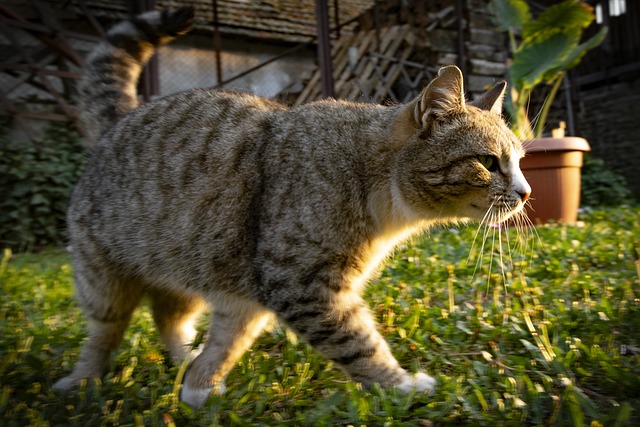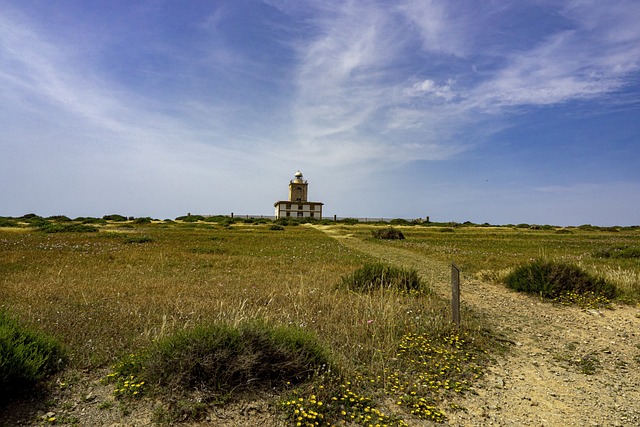fortune toger 🏀 The Rising Significance of Fortune Telling in Contemporary Society: A Reflective Analysis

The Rising Significance of Fortune Telling in Contemporary Society: A Reflective Analysis
In an era characterized by rapid change and uncertainty, the resurgence of ancient practices such as fortune telling has captured the attention of many. From tarot readings to astrological consultations, individuals are increasingly turning to these esoteric arts in search of guidance, clarity, and reassurance. This phenomenon warrants a thorough exploration, as it reflects not only individual psychological needs but also broader societal dynamics that shape contemporary human experience.fortune toger

At its core, fortune telling serves as a mechanism through which people seek to navigate life's complexities. The modern world, with its fast-paced lifestyle and unpredictable events, often leaves individuals feeling overwhelmed and disoriented. In this context, the act of consulting a fortune teller can provide a sense of control, albeit an illusory one. This desire for certainty in uncertain times can be likened to a psychological anchor, offering comfort in the face of existential anxiety.
The appeal of fortune telling is multifaceted. Many find solace in the idea that their lives are part of a larger cosmic order, governed by predictable patterns that can be interpreted through tarot cards, astrology, or palmistry. This belief in a predetermined fate can alleviate the burden of choice, allowing individuals to relinquish responsibility for their circumstances. The allure of fate, intertwined with personal agency, creates a compelling narrative that resonates deeply with the human psyche.
Furthermore, the digital age has significantly transformed the landscape of fortune telling. The advent of social media platforms and mobile applications has democratized access to fortune-telling services, allowing practitioners to reach wider audiences than ever before. This accessibility has not only increased the visibility of these practices but has also led to the emergence of a new generation of fortune tellers who leverage technology to connect with clients. The fusion of tradition and modernity has breathed new life into these ancient arts, making them relevant to contemporary audiences.fortune toger
The cultural implications of this revival are profound. As traditional religious institutions face declining influence, alternative spiritual practices, including fortune telling, have gained traction. The rise of the "spiritual but not religious" demographic reflects a broader shift in values, where individuals seek personalized spiritual experiences rather than conforming to established doctrines. In this context, fortune telling becomes a form of self-exploration and personal empowerment, allowing individuals to construct their narratives and seek meaning in their lives.fortune toger

Moreover, the intersection of fortune telling with mental health discourse cannot be overlooked. Many individuals turn to fortune tellers during periods of crisis or transition, seeking validation and support. While some may view these practices with skepticism, the therapeutic potential of fortune telling should not be dismissed. For many, the act of articulating their concerns and fears in a safe, non-judgmental space can facilitate emotional healing. Fortune tellers often function as listeners and guides, helping clients navigate their inner landscapes and fostering a sense of agency.
However, the rise of fortune telling is not without its criticisms. Skeptics argue that the practice exploits vulnerable individuals, preying on their fears and uncertainties for financial gain. The ethical implications of fortune telling raise important questions about responsibility and accountability. As with any profession, the integrity of practitioners varies widely, and it is crucial for clients to approach these services with discernment. The potential for manipulation underscores the importance of critical thinking in evaluating the validity of fortune-telling claims.fortune toger
Furthermore, the scientific community often regards fortune telling as pseudoscience, dismissing it as devoid of empirical evidence. This skepticism invites a broader discussion about the nature of belief and the complexities of human experience. While fortune telling may lack rigorous scientific validation, it fulfills a psychological and emotional function that resonates with many individuals. The challenge lies in reconciling the subjective experiences of those who find value in these practices with the objective criteria of scientific inquiry.fortune toger
As we navigate the complexities of the modern world, the resurgence of fortune telling invites reflection on the nature of knowledge, belief, and the human experience. It serves as a reminder that, despite advancements in technology and science, the quest for meaning and understanding remains an intrinsic part of being human. Fortune telling, in its various forms, offers a lens through which we can examine our hopes, fears, and aspirations, ultimately enriching the tapestry of our collective consciousness.fortune toger
In conclusion, the rising significance of fortune telling in contemporary society is a multifaceted phenomenon rooted in psychological, cultural, and technological dimensions. As individuals seek solace and guidance in an increasingly uncertain world, fortune telling provides a unique avenue for exploration and self-discovery. While the practice may elicit skepticism, it is essential to recognize its role in shaping individual narratives and fostering emotional resilience. As society continues to evolve, the enduring appeal of fortune telling may serve as a testament to humanity's timeless quest for meaning in the face of life's unpredictability.
Fale conosco. Envie dúvidas, críticas ou sugestões para a nossa equipe através dos contatos abaixo:
Telefone: 0086-10-8805-0795
Email: portuguese@9099.com


